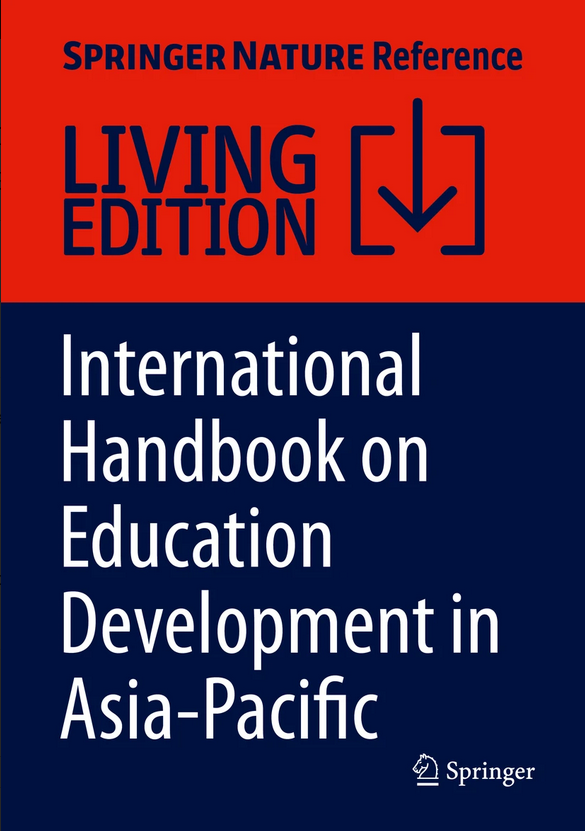
The science of learning draws on research from diverse disciplines including neuroscience, psychology, and education, to understand how people learn throughout their lives. Importantly, the science of learning is also interested in understanding and promoting effective ways that this research can be applied into practice in the real-world.
However, learning and the teaching, training and technologies that can support it are complex. Whilst investigating learning in all its complexity can be supported by using a multidisciplinary approach, it can also present challenges in terms of crossing disciplinary boundaries.
Dr Stephanie MacMahon and Professor Annemaree Carroll from The University of Queensland’s Learning Lab recently published a book chapter in the International Handbook on Education Development in Asia-Pacific to explore the challenges and opportunities of conducting and implementing multi- and inter-disciplinary research into learning in Australia. They discuss promising approaches to successfully bridging disciplinary divides, synthesise international literature on this topic, and illustrate successful multidisciplinary research that has effectively engaged interprofessional partners to positively impact learning across the lifespan.
Despite the challenges, multidisciplinary and interprofessional cooperation is important in shaping a new narrative for education and training. By bringing together diverse perspectives and expertise, a more holistic understanding of learning and improved educational outcomes for individuals across the lifespan can be gained.



